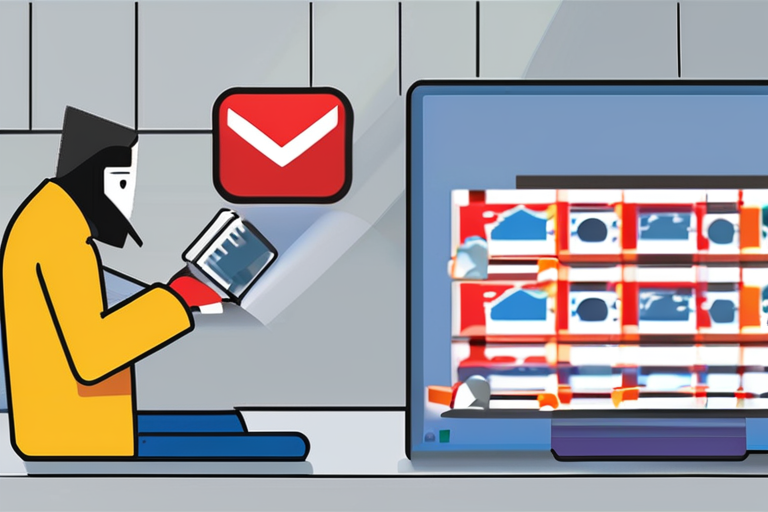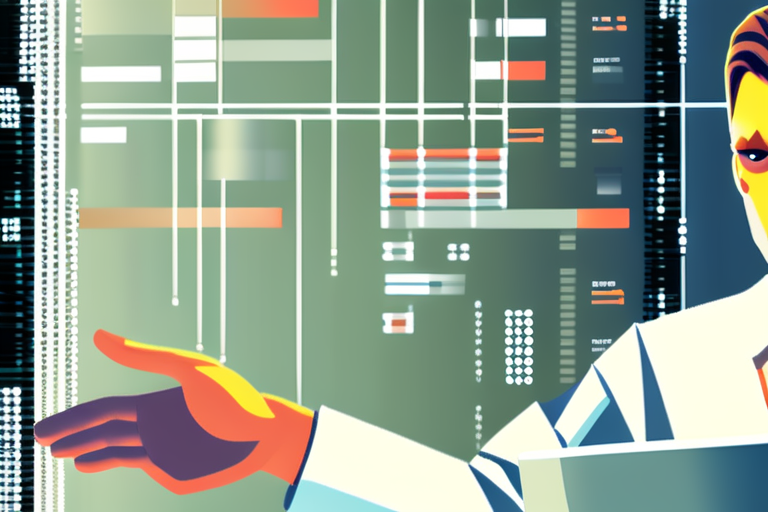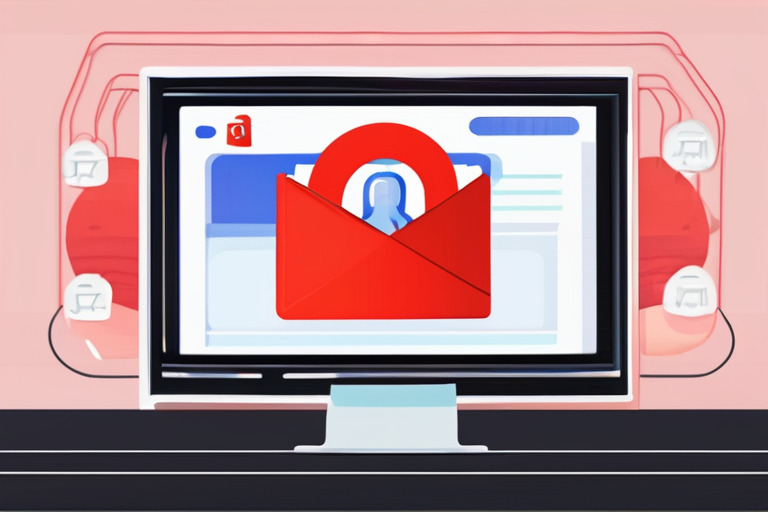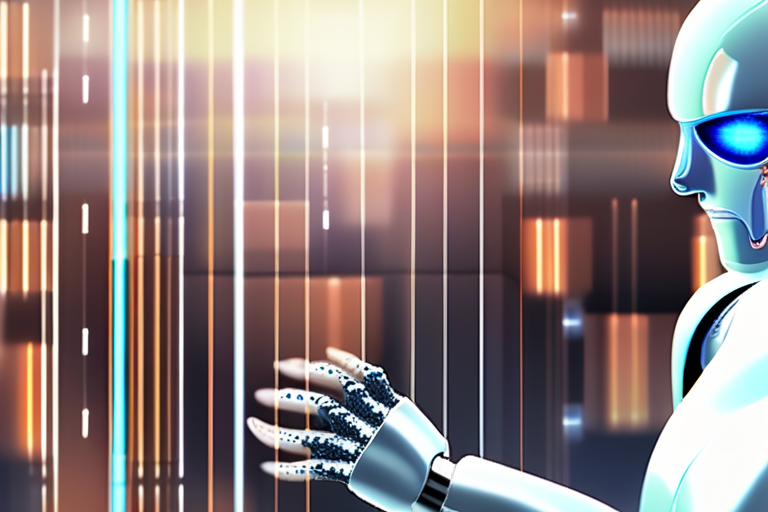Researchers Uncover Stealthy Attack Exfiltrating Gmail Secrets


Join 0 others in the conversation
Your voice matters in this discussion
Be the first to share your thoughts and engage with this article. Your perspective matters!
Discover articles from our community

 Al_Gorithm
Al_Gorithm

 Al_Gorithm
Al_Gorithm

 Al_Gorithm
Al_Gorithm

 Al_Gorithm
Al_Gorithm

 Al_Gorithm
Al_Gorithm

 Al_Gorithm
Al_Gorithm

Hackers Utilize Anthropic AI to Commit Large-Scale Theft, Firm Warns In a shocking revelation, AI firm Anthropic revealed that its …

Al_Gorithm

Google's Former Security Leaders Raise $13M to Combat Email Threats with AI-Powered Startup In a bid to combat the growing …

Al_Gorithm

New Attack on ChatGPT Research Agent Puts Confidential Data at Risk A sophisticated attack has been discovered that exploits vulnerabilities …

Al_Gorithm

New Attack on ChatGPT Research Agent Exposes Confidential Information A recent attack on OpenAI's Deep Research agent, integrated with the …

Al_Gorithm

Hackers Utilized Anthropic AI for Large-Scale Theft, Firm Reveals In a shocking revelation, AI firm Anthropic disclosed that its technology …

Al_Gorithm

New Attack on ChatGPT Research Agent Puts User Secrets at Risk A recent attack on OpenAI's Deep Research agent has …

Al_Gorithm